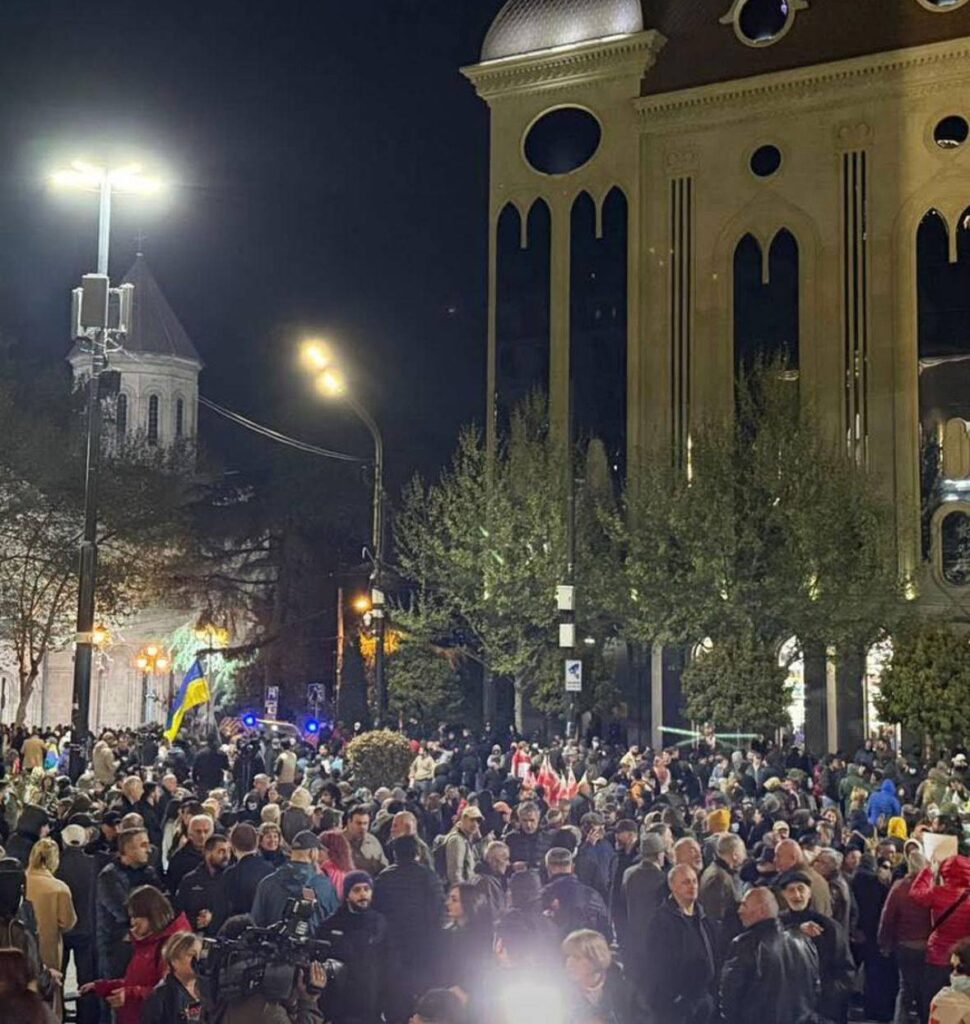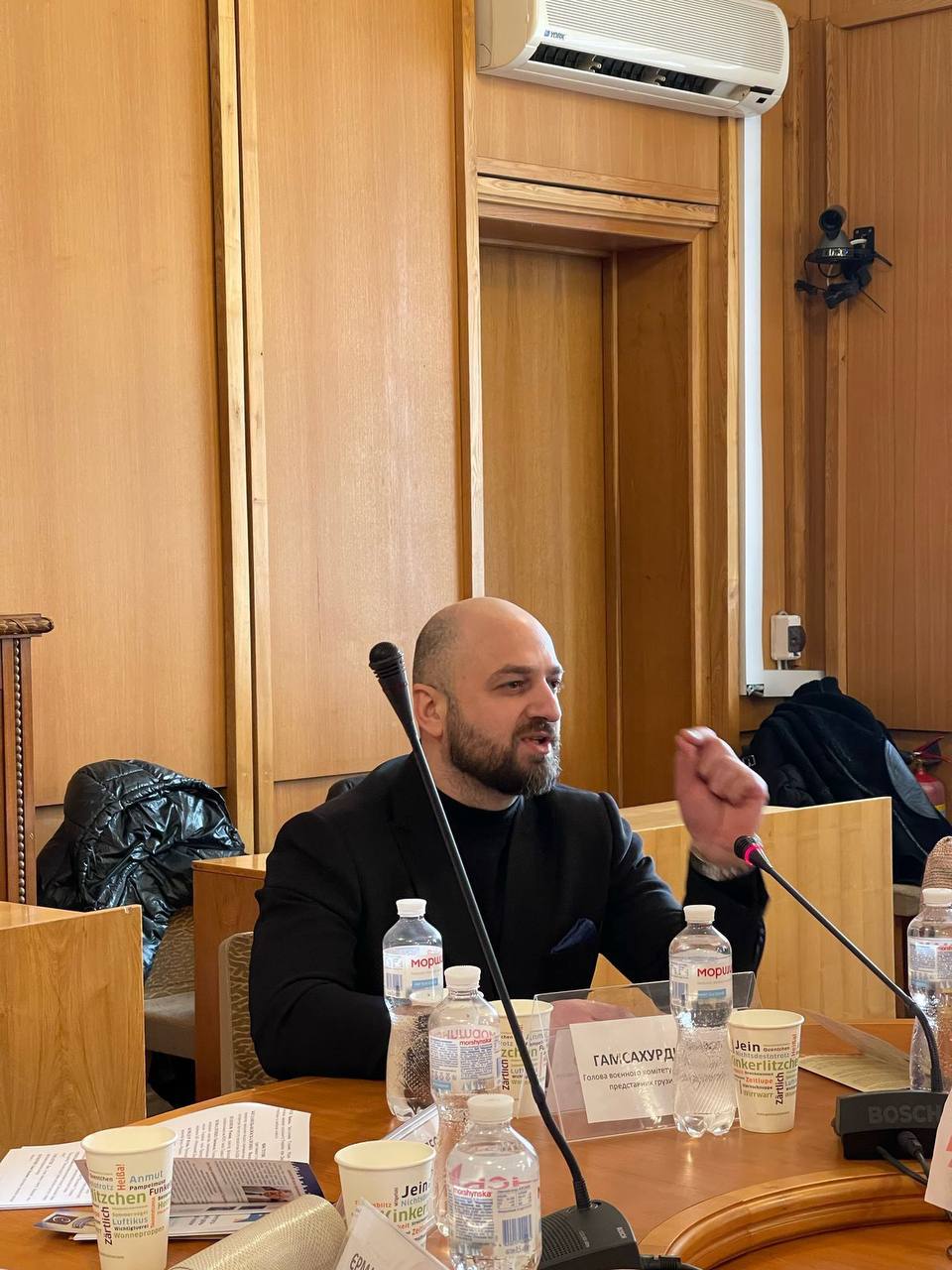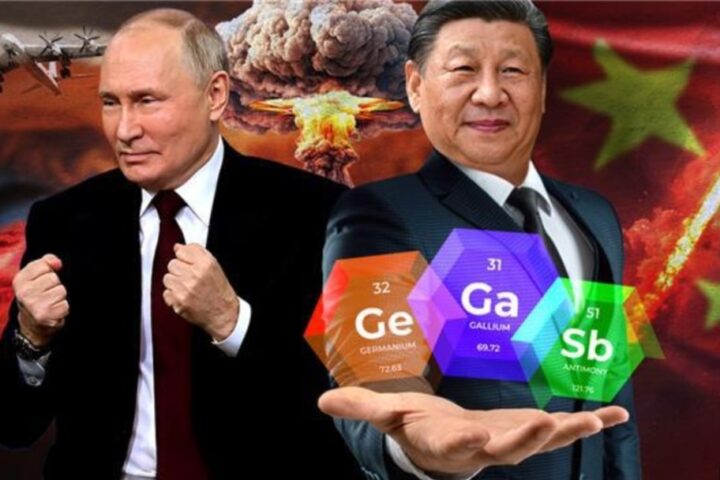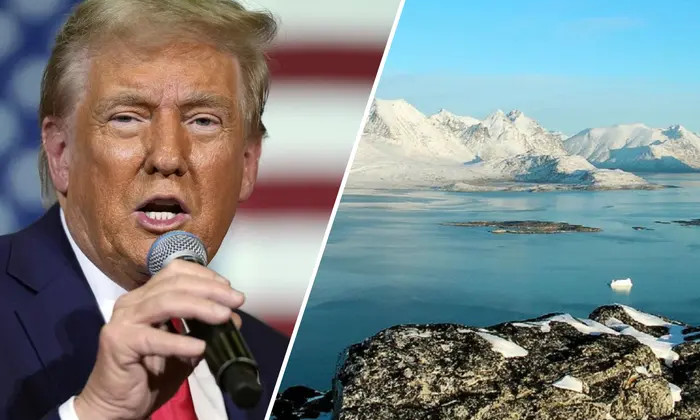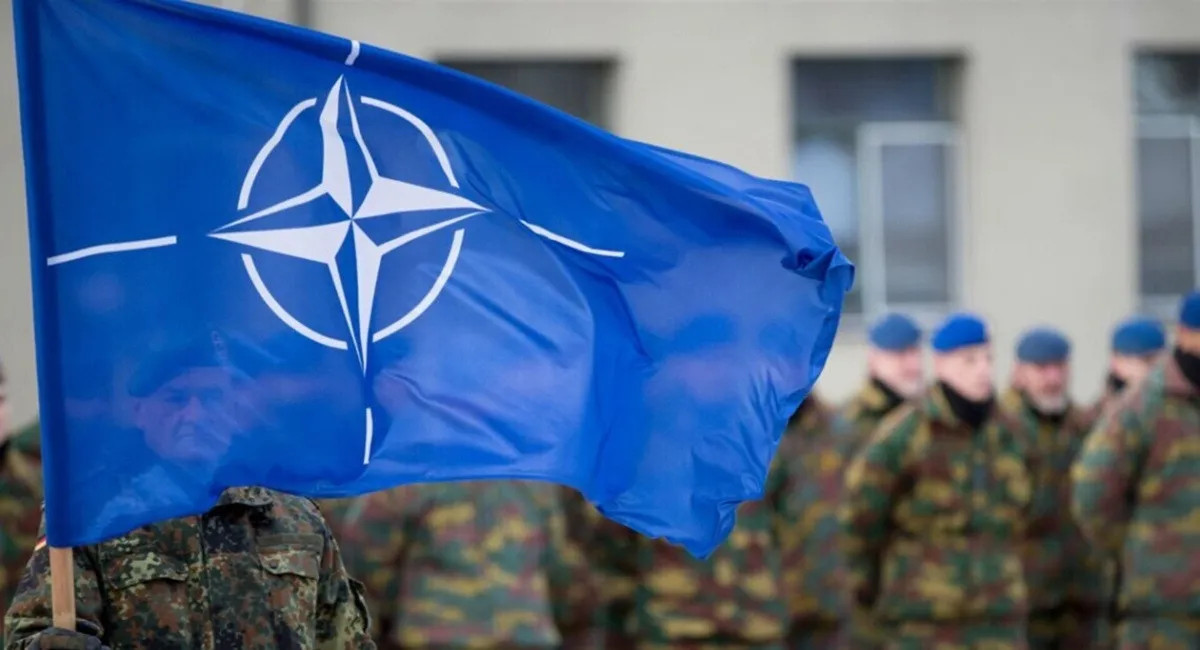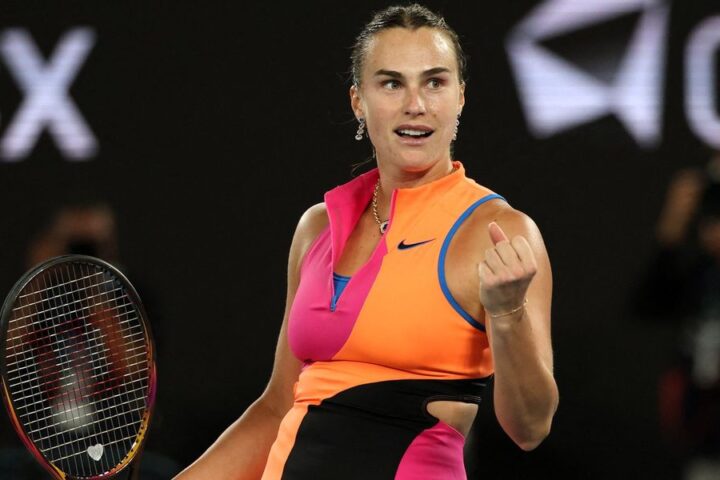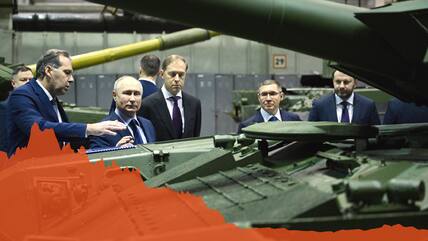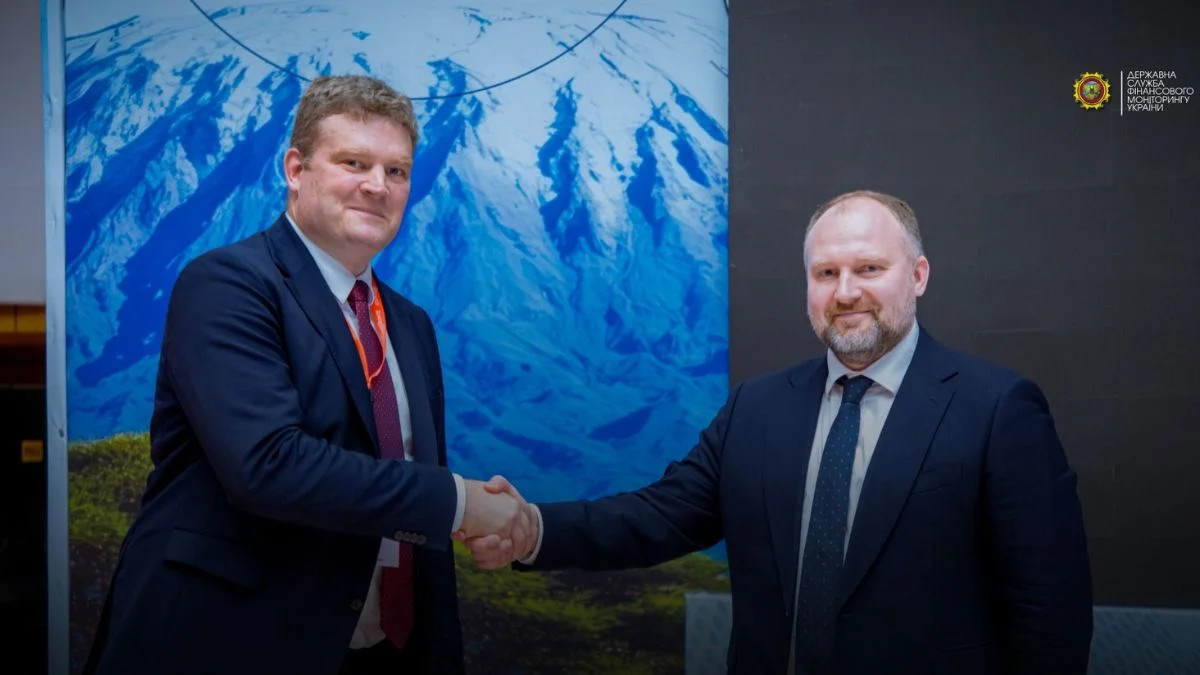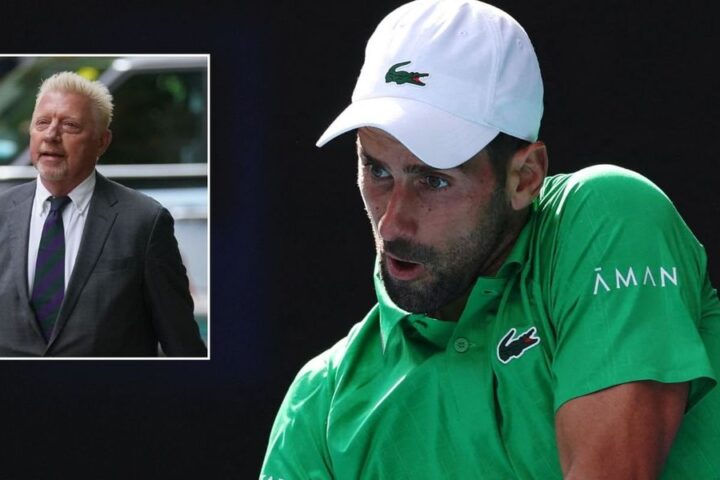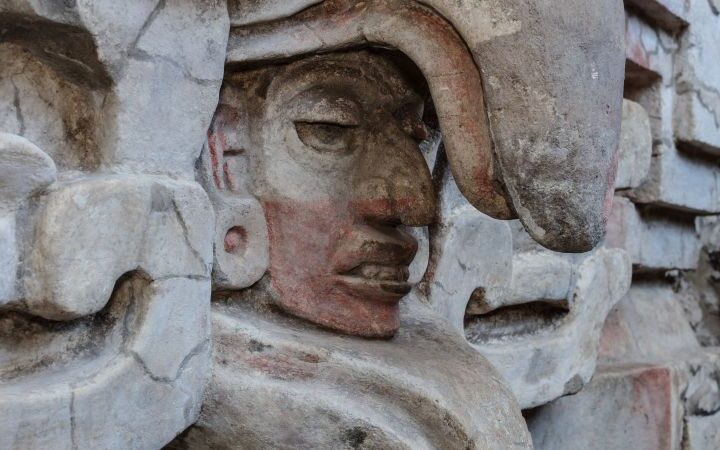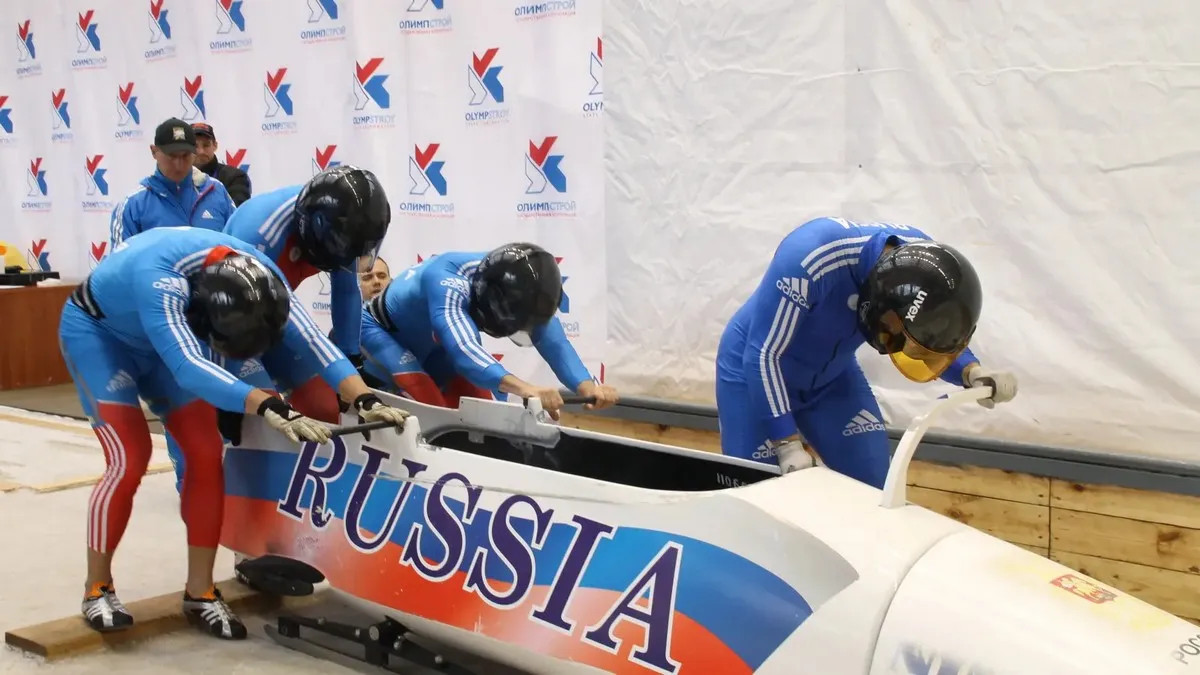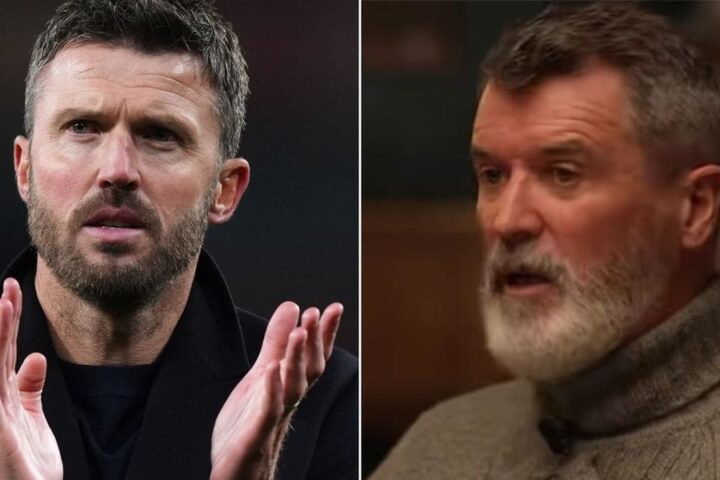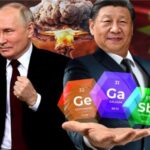Tbilisi is experiencing one of its most politically charged moments in recent history. For months, thousands of protesters have taken to the streets, demanding government accountability, new elections, and the continuation of Georgia’s pro-European course. However, the movement now faces an additional challenge—external interference, particularly from Russia.
Recent events in front of the Georgian Parliament have further escalated tensions. The violent detention of activists, images of what appears to be bloodstains circulating on social media, and official statements from the Interior Ministry that raise more questions than answers have only deepened public distrust toward the authorities.
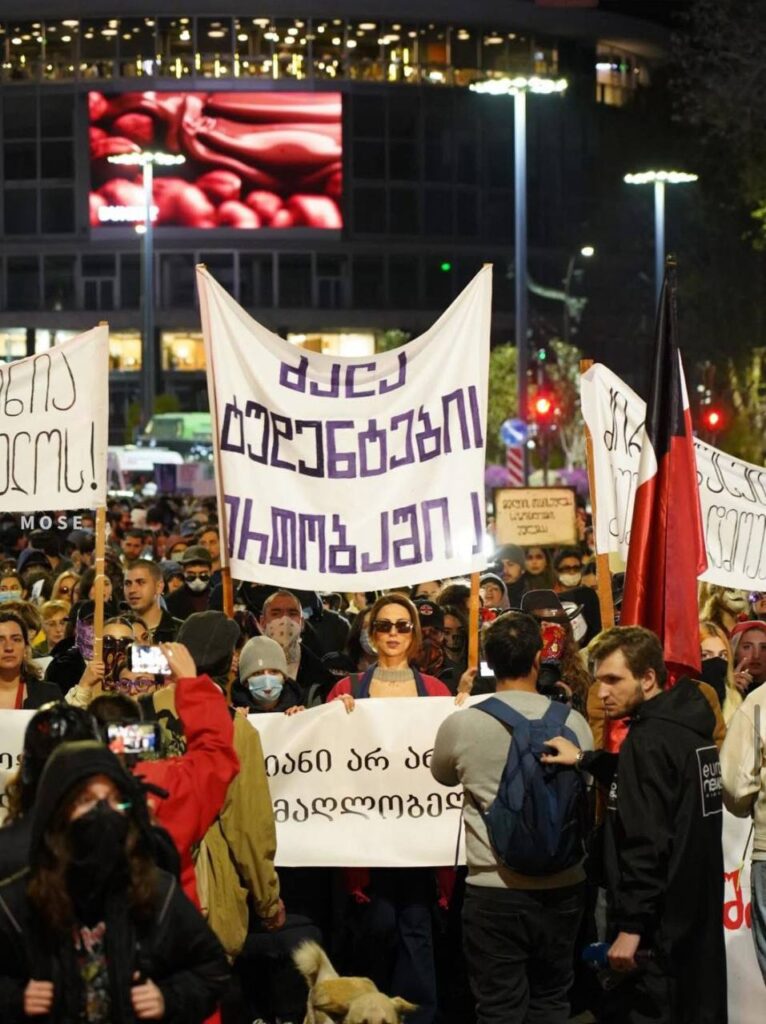
Against this backdrop, Lado Gamsakhurdia, leader of the Georgian Unity party, has warned that Moscow is attempting to install a controlled opposition in the country to weaken the genuine protest movement. According to him, the Kremlin is using an old playbook—creating artificial political structures that serve its interests, manipulating public opinion, and undermining Georgia’s democratic aspirations.
“We see Russia deploying the same strategy as before—planting puppet forces into the political landscape to steer the opposition in its direction. They want to take control of the protest movement. But the Georgian people will not be deceived,” Gamsakhurdia stated.
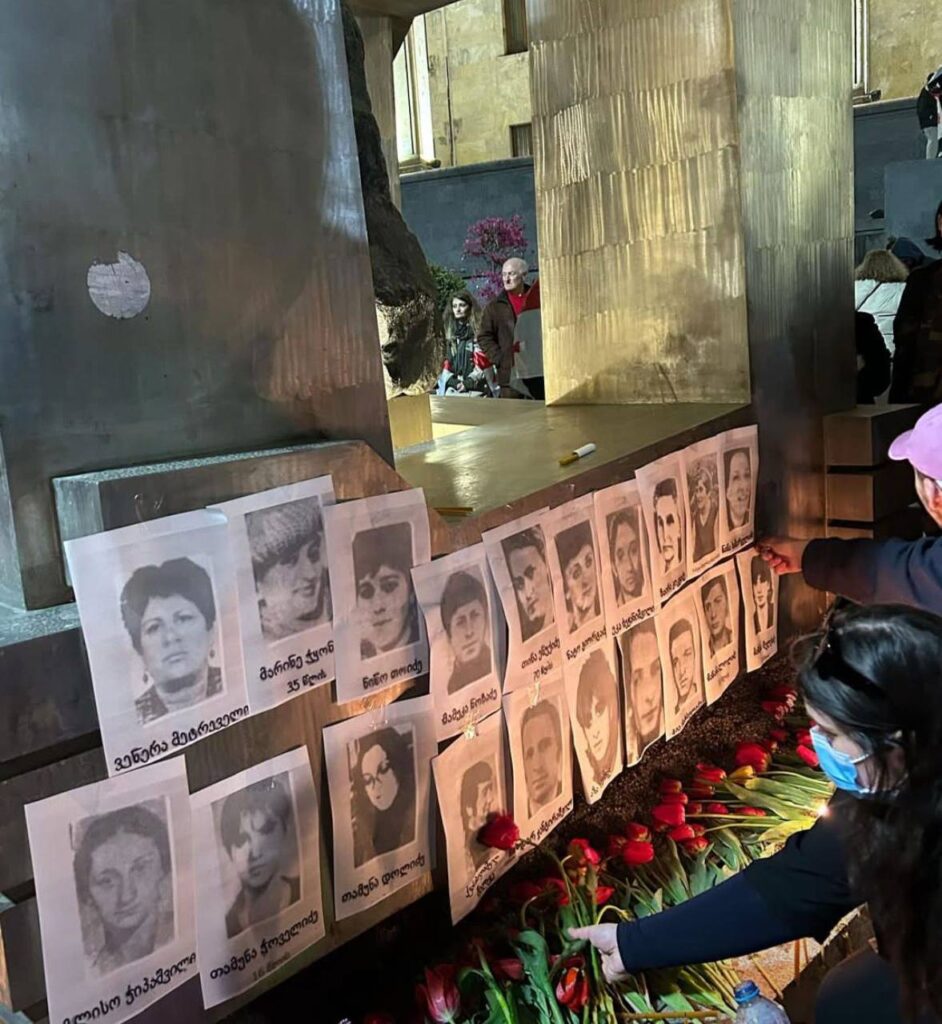
Georgia is at a crossroads. Will the protesters maintain their independence from foreign influence, or will Russia succeed in infiltrating and reshaping the political landscape to its advantage? One thing is clear—this is not just about local demonstrations. It is a battle between Georgia’s democratic aspirations and the shadow of Russian interference.
The UK and the broader European community are closely monitoring the situation, recognizing that Georgia’s stability is not just a domestic issue but a key factor in the geopolitical balance of the region.
